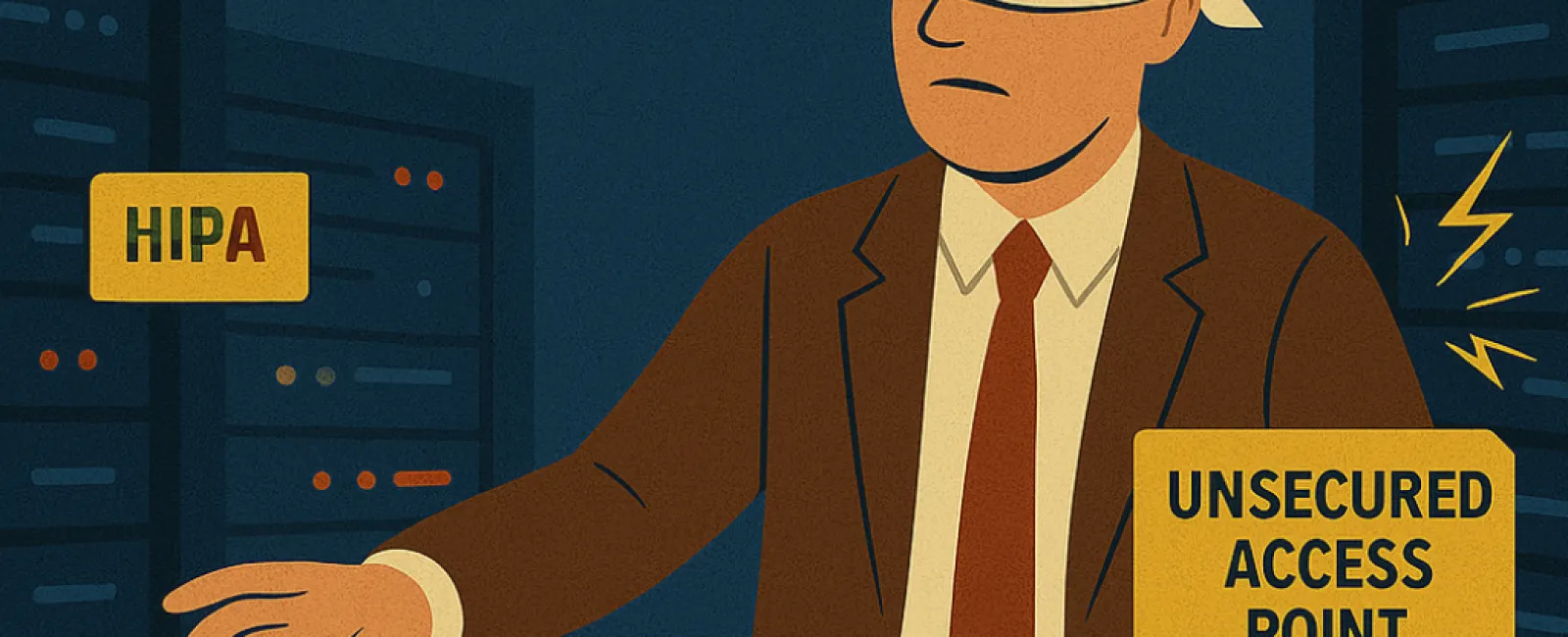July 14, 2025
Contrary to popular belief, regulatory compliance is not just for big corporations. In 2025, small businesses face increased scrutiny from a variety of enforcement agencies due to evolving and stricter regulations across industries.
Why Compliance Is Crucial Now More Than Ever
Authorities such as the Department of Health and Human Services (HHS), Payment Card Industry Security Standards Council (PCI SSC), and the Federal Trade Commission (FTC) are sharpening their focus on safeguarding data and protecting consumer privacy. Failing to comply not only involves legal consequences but also poses significant financial risks and can severely damage your business reputation.
Essential Regulations Impacting Small Businesses
1. HIPAA (Health Insurance Portability and Accountability Act)
If your operations involve handling protected health information (PHI), HIPAA applies to you. Recent updates emphasize:
●Mandatory encryption for all electronic PHI.
●Consistent risk assessments to uncover and resolve security gaps.
●Staff training focused on data privacy and security standards.
●Incident response strategies in case of a data breach.
Ignoring these requirements carries the risk of substantial fines. To illustrate, in 2024, a small healthcare provider was fined $1.5 million by HHS for insufficient data protection.
2. PCI DSS (Payment Card Industry Data Security Standard)
If your business processes credit card payments, compliance with PCI DSS is mandatory. Key requirements include:
●Secure cardholder data storage.
●Continuous network monitoring and vulnerability testing.
●Firewall and encryption implementation.
●Strong access controls to limit data access to authorized personnel only.
Failure to comply can result in escalating fines from $5,000 up to $100,000 monthly, depending on the violation's severity and duration.
3. FTC Safeguards Rule
Organizations collecting consumer financial data must:
●Create a formal information security plan.
●Assign a qualified security officer to manage compliance efforts.
●Perform routine risk evaluations.
●Apply multifactor authentication (MFA) to protect data access.
Penalties can reach $100,000 per violation for companies, and $10,000 for responsible individuals. The risks are substantial!
Real Consequences When Compliance Is Overlooked
Consider a small medical practice that fell victim to a ransomware attack due to outdated security measures. The fallout included a $250,000 fine from HHS, along with a profound loss of patient trust that resulted in a sharp decline in business. It's essential to take control and safeguard your critical data!
Proven Steps To Stay Compliant
- Perform Thorough Risk Assessments: Regularly analyze your systems to detect and fix vulnerabilities.
- Deploy Strong Security Protocols: Utilize encryption, firewalls, and multifactor authentication to secure sensitive information.
- Educate Your Team: Make sure every employee understands compliance requirements and security best practices.
- Develop a Clear Incident Response Plan: Prepare detailed procedures to address potential breaches immediately.
- Work With Compliance Specialists: Collaborate with experts who can help navigate complex regulatory landscapes effectively.
Take Action Before Facing Consequences
Compliance is far more than a legal formality — it is foundational to your business's trustworthiness and long-term success. Overlooking these requirements can trigger severe fines and irreparable harm to your brand image.
Are You Ready To Evaluate Your Compliance Status?
We provide A Quick Call specifically designed to uncover any compliance gaps and help ensure your business meets all regulatory standards. Don't let an oversight threaten your growth.
Click here or call us at 985-302-3083 to schedule your A Quick Call now.



